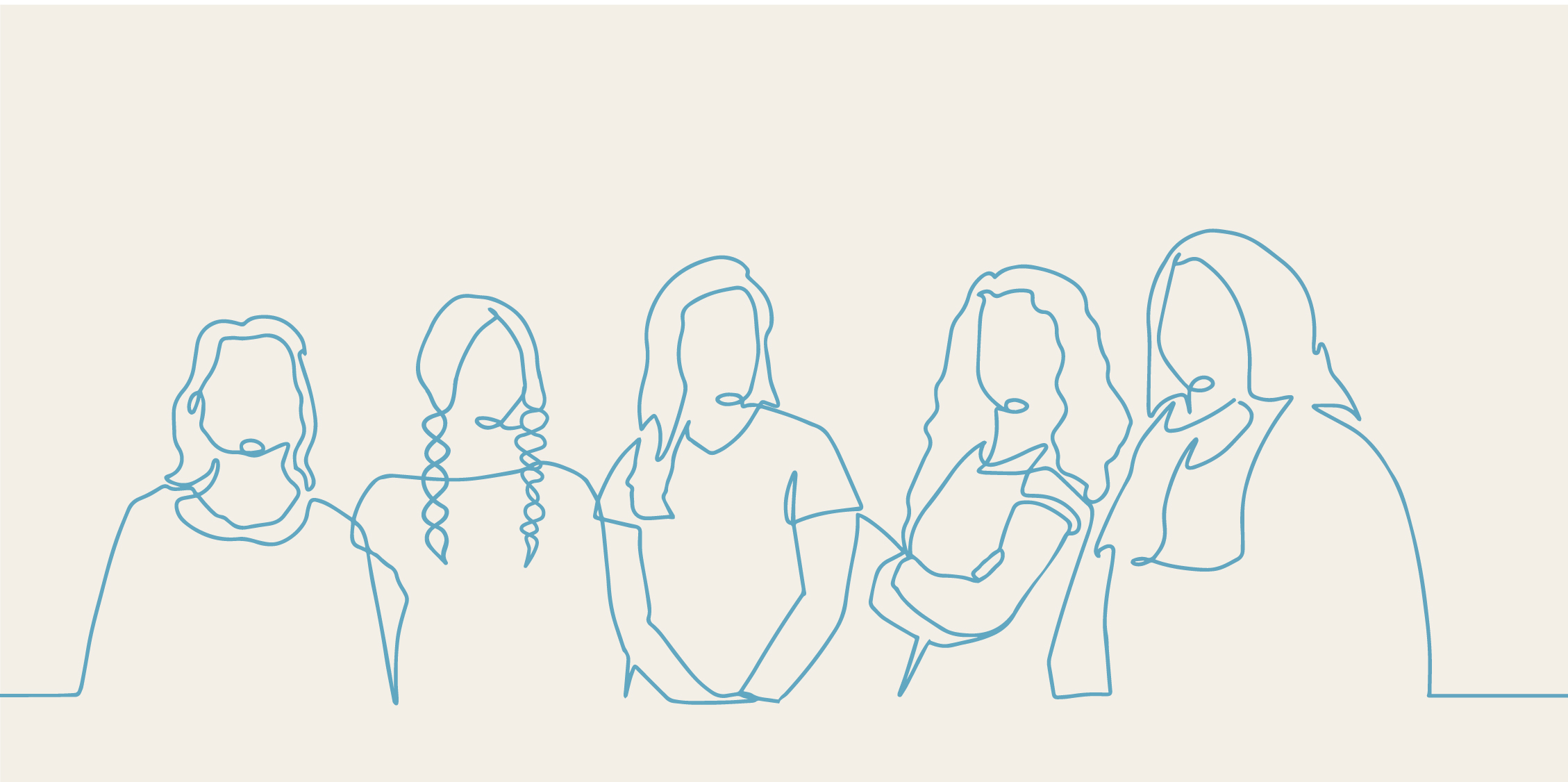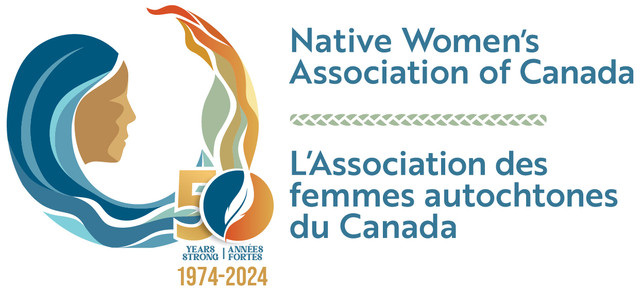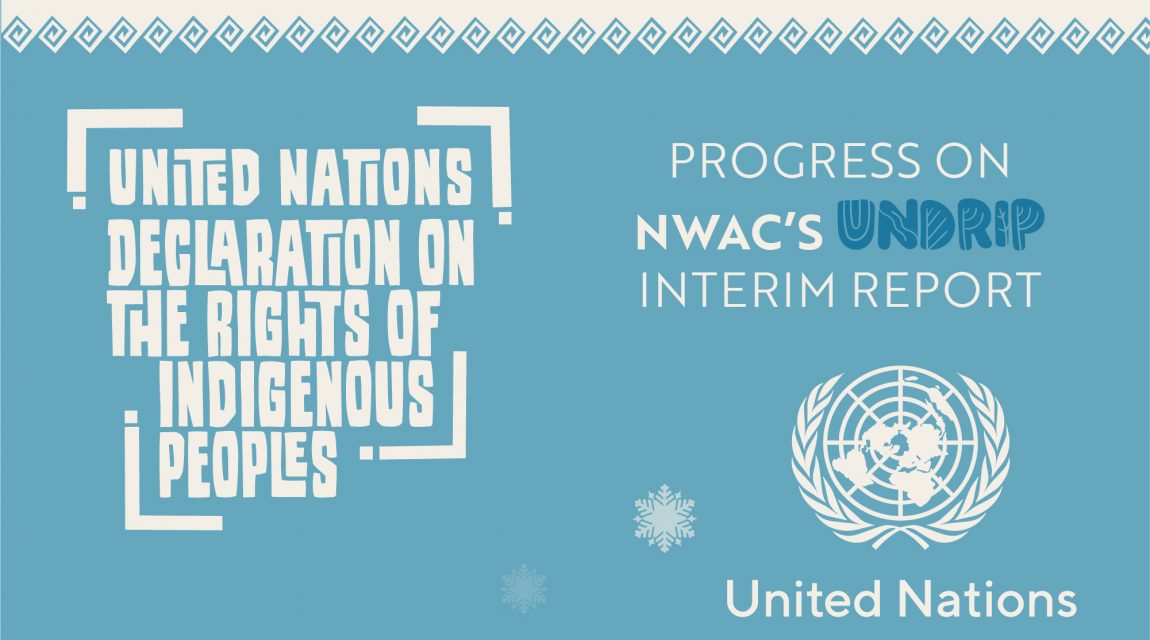NWAC’s Legal Affairs and Justice Unit is busy preparing to advise Canada on how to implement the UN Declaration on the Rights of Indigenous Peoples (UNDRIP).
Our focus is on the perspectives of Indigenous women, girls, Two-Spirit, transgender, and gender-diverse people, and how these perspectives can help inform the Canadian government’s Draft Action Plan to implement the UNDRIP Act.
In 2021, Canada adopted the United Nations Declaration on the Rights of Indigenous Peoples Act (UNDRIP Act) domestically. The UNDRIP Act will operate to implement the UNDRIP in three ways:
- It makes it clear that judges can use UNDRIP in Indigenous rights cases, elevating the non-binding international declaration to a universal human rights instrument with application in Canadian law.
- It mandates Canada to consult and cooperate with Indigenous Peoples in taking all measures necessary to make Canada’s laws consistent with UNDRIP.
- It creates a statutory duty that the Justice Minister must consult and cooperate with Indigenous Peoples to develop and implement an action plan to achieve the objectives of the UN Declaration.
Our unit started this work by identifying 12 gender-based priorities and recommendations to implement the UNDRIP Act. We did this by reviewing and analyzing Canadian law, jurisprudence, significant Canadian reports published on Indigenous affairs, and major speeches provided by the government throughout the study of Bill C-15 (An Act Respecting the United Nations Declaration on the Rights of Indigenous Peoples).
Next, we organized and hosted two expert roundtables and one grassroots roundtable during the month of October 2022 to gather feedback from field experts and Indigenous people with gendered perspectives on their UNDRIP rights. To ensure a national reach and to mitigate the risks related to the COVID-19 pandemic, we conducted all roundtables online. Each session was facilitated by experienced Indigenous women leaders and supported by Elders.
We also consulted with experts from a range of backgrounds including lawyers, academics, Indigenous leaders, and advocates. The expert roundtable discussions focused on legal and policy matters and challenges associated with UNDRIP.
Our grassroots engagement session addressed how UNDRIP rights impact Indigenous women and how these groups can effectively contribute their unique knowledge to developing UNDRIP-complaint federal laws, regulations, and policies. We are so grateful to those who participated in these challenging but meaningful discussions and are hopeful Canada will heed NWAC’s recommendations and apply them in their draft action plan. The government’s action plan is expected to be tabled in February 2023, ahead of their final action plan in June 2023.

From roundtable discussion participants and experts, we heard:
- there is a lack of clarity surrounding s. 35 rights of the Constitution Act, 1982
- there is ongoing strike stemming from Canada’s historic disregard for the treaties signed with Indigenous Peoples
- concern about the absence of consultation with Indigenous women
- provincial and federal divisions that obstruct Indigenous Peoples’ right to self-determination
- sex-based discrimination within the Indian Act and Indigenous governing bodies
- colonial harms are ongoing
NWAC sent the interim recommendations to the Justice Department in November. This report is divided into three sections:
- barriers and issues Indigenous women face in exercising their Indigenous rights guaranteed by the UNDRIP
- strategies for implementing the UNDRIP Act
- recommendations and priorities
Suggested approaches to implementing the UNDRIP Act include repealing and replacing the Indian Act, revoking the doctrine of discovery, working alongside Indigenous legal orders, launching pilot projects, prioritizing treaty rights, forming a women’s council, enforcing accountability measures, amending existing legislation, considering constitutional amendments, and upholding its legal obligations in other international human rights treaty bodies. NWAC also proposes 21 recommendations that align with the list of 12 gender-based priorities.
Indigenous women must be at the forefront of these discussions. Their input should be received and valued, not just as an act of reconciliation with a marginalized group affected by colonial harms, but as a group whose knowledge is essential to the growth and development of Indigenous and Canadian societies.
Next steps will include hosting an additional expert roundtable and three more grassroots roundtables. We want to receive substantive feedback on Canada’s draft action plan before the final action plan is drafted.

